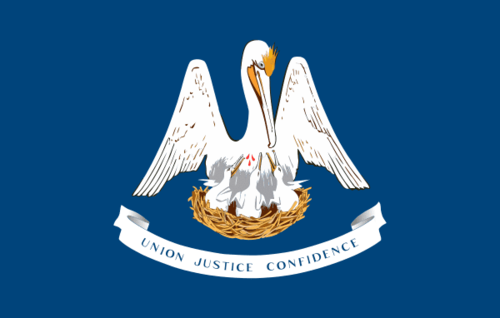The Louisiana Legislature concluded its second-extraordinary session, also known as the special crime session, on February 29, 2024, passing a package of legislation aimed at addressing the rising crime rates and public safety issues in the state. The session, which was called by Governor Landry, focused on items mostly related to criminal justice, law enforcement, and victim rights. The following bills were passed by both chambers this session:
Criminal Justice Reform: These bills aim to make the criminal justice system fairer and more effective by giving more chances for parole and release, lowering the punishments for some crimes, allowing more time to prosecute some sex crimes, collecting, and sharing data on the criminal justice system, and testing and sending some offenders to special courts.
- SB3 by Senator Cloud: proposal to change the Louisiana constitution to lower the age of being an adult in the criminal justice system from 18 to 17.
- SB5 by Senator McMath: Sets rules and criteria for parole hearings and revocation.
- SB9 by Senator Mizell: Allows more time to prosecute some sex crimes, such as rape, sexual battery, and incest. It also pauses the time limit in some cases, such as when the offender is a public officer or employee, or when the victim is a minor.
- HB1 by Representative Bacala: Creates a program to collect and report data on the criminal justice system, such as arrest rates, conviction rates, sentencing outcomes, recidivism rates, and racial disparities. It makes this data available to the public on a website.
- HB3 by Representative Butler: Requires drug testing and referral to special courts for some offenders who are arrested for a drug offense, a violent offense, or a domestic abuse offense, or who are on probation or parole for such an offense. It also sets sanctions for not following the court’s orders.
- HB4 by Representative Emerson: Changes the grounds and procedures for post-conviction relief, such as when there is new evidence, bad lawyering, or a change in the law that makes the conviction or sentence invalid.
- HB9 by Representative Villio: Changes the parole eligibility criteria for some offenders, such as those serving life sentences, those convicted of violent or sex crimes, and those who are habitual offenders. It also requires the parole board to consider factors such as the offender's age, criminal history, risk assessment, and rehabilitation efforts, before granting parole.
- HB10 by Representative Villio: Increases the maximum term of probation for some offenders from three years to five years. It also allows the court to order a defendant to enter and complete a special court program, such as a drug court, a mental health court, or a veteran’s court, and place the defendant on probation for up to eight years, with the district attorney’s consent.
- HB11 by Representative Villio: Provides that the sentence for a technical violation of probation or parole may be up to 90 days without good time credit. It also provides that the court may order the offender to participate in a reentry program or a special court program as a condition of probation or parole.
Criminal Penalties and Procedures: These bills aim to increase the penalties and change the procedures for some crimes and offenders, such as carjacking, fentanyl distribution, illegal use of weapons, killing a peace officer or a first responder, and methods of execution.
- HB7 by Representative Schlegel: Increases the minimum and maximum penalties for carjacking, and even more if serious bodily injury results.
- HB8 by Representative Schlegel: Prohibits the distribution of fentanyl that looks appealing to minors, such as the shape, color, taste, or design of the fentanyl or its packaging. It imposes a very long prison sentence for violating this provision.
- HB5 by Representative Johnson: Makes the crime of illegal use of weapons or dangerous things a violent crime. It defines illegal use of weapons or dangerous things as shooting or threatening to shoot a gun, or throwing or using anything that can cause death or serious injury to a person.
- SB10 by Senator Cathey: Reduces the amount of good time credit that prisoners can earn for good behavior if they are convicted of killing a peace officer or a first responder. It means that these prisoners will have to serve more of their sentences before becoming eligible for parole or release.
- HB6 by Representative Muscarello: Provides that the Department of Public Safety and Corrections can use any method of execution that is allowed by the United States Constitution, and to make rules for the implementation of the method of execution. It also keeps secret any records or information that identify or reveal anything or anyone involved in the execution.
Civil Liability and Procedure: These bills aim to provide for immunity from civil liability for peace officers and public entities, and to provide for procedures for challenging the constitutionality of a statute or law.
- HB2 by Representative Bacala: Provides that a peace officer or a public entity is not liable for damages for injury or death caused by the peace officer’s actions or omissions in their job unless the plaintiff proves by clear and convincing evidence that the peace officer acted with gross negligence or bad faith.
- HB23 by Representative Melerine: Requires a party who challenges the constitutionality of a statute or law in a civil action to send a copy of the petition or motion to the attorney general within 10 days of filing it with the court. It also requires the court to notify the attorney general of any ruling on the constitutional challenge within 10 days of issuing it. The bill provides that the attorney general may join the action to defend the constitutionality of the statute or law.
Weapons: One bill aims to allow any person who is not prohibited from possessing a firearm to carry a concealed handgun without a permit or license, as long as they inform any law enforcement officer who approaches them in an official manner that they are carrying a concealed handgun. This bill also removes the requirement for firearms safety training and background checks for concealed carry applicants.
- SB1 by Senator Miguez: Allows any person who is not prohibited from possessing a firearm to carry a concealed handgun without a permit or license, as long as they inform any law enforcement officer who approaches them in an official manner that they are carrying a concealed handgun. It also removes the requirement for firearms safety training and background checks for concealed carry applicants.
These bills have been sent to Governor Landry for his signature. Supporters of the bills argue that they will enhance public safety, deter crime, and protect victims. Opponents of the bills contend that they will increase incarceration, violate human rights, and exacerbate racial disparities. The Louisiana Legislature is expected to reconvene for its next regular session on April 8, 2024, and will focus on fiscal matters, such as the state budget, taxes, and fees. However, before the regular session begins, the Louisiana Legislature will hold another special session on March 25, 2024, to address the issue of insurance reform. The session, which was requested by a majority of lawmakers, focuses on legislation aimed at lowering auto insurance rates, expanding health insurance coverage, and regulating property insurance claims. The session is expected to last for 12 days and will cost the state an estimated $500,000.

